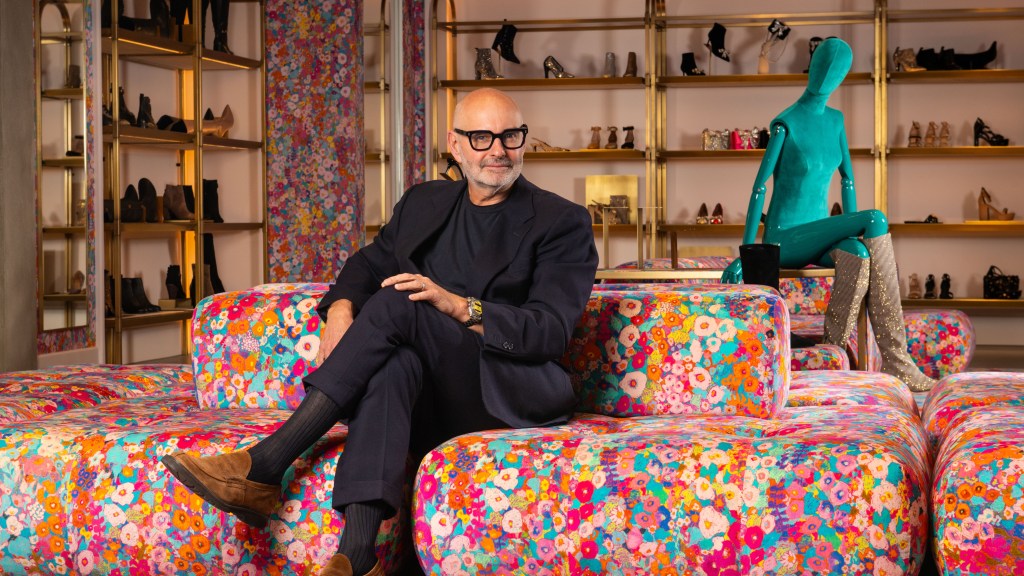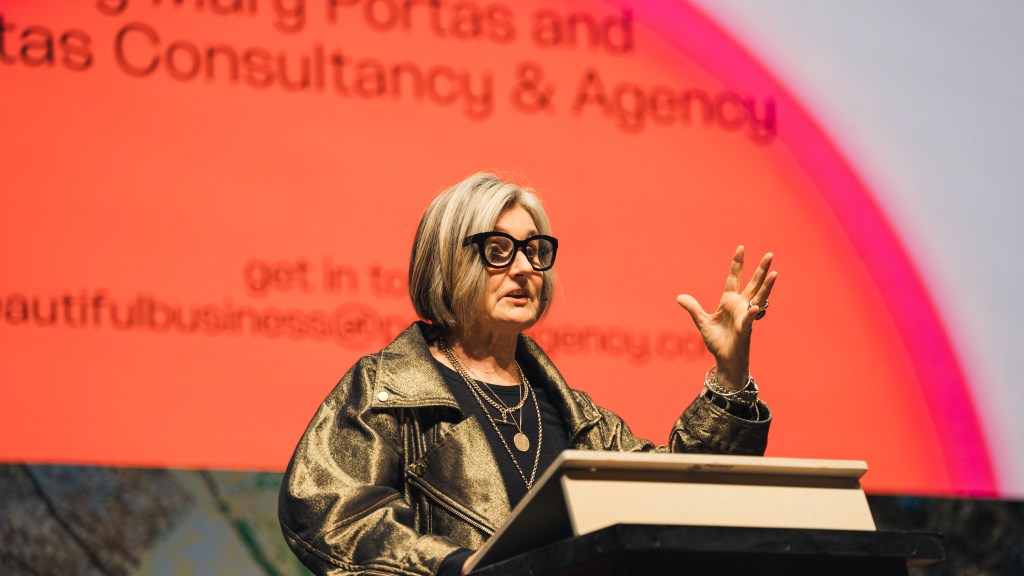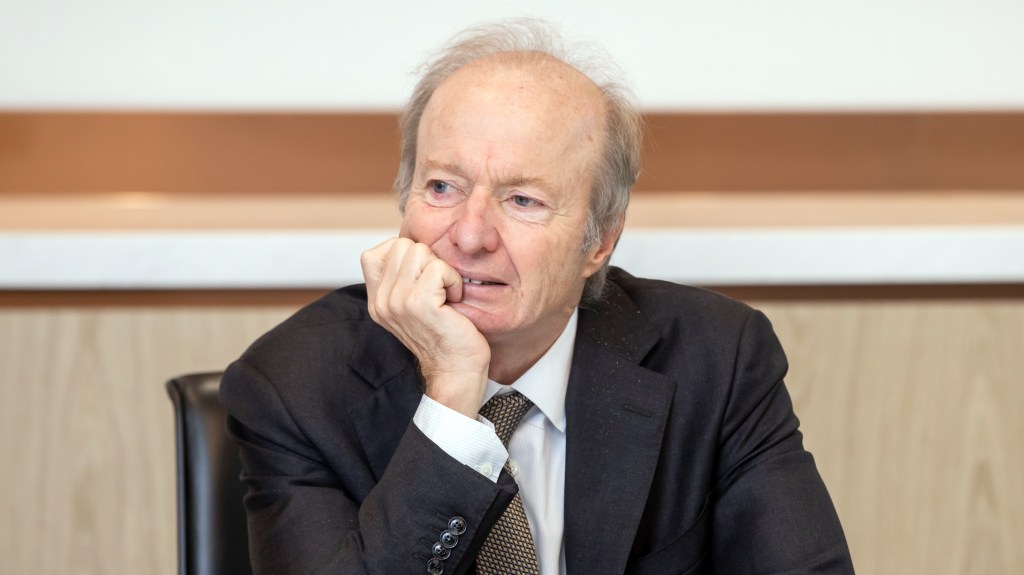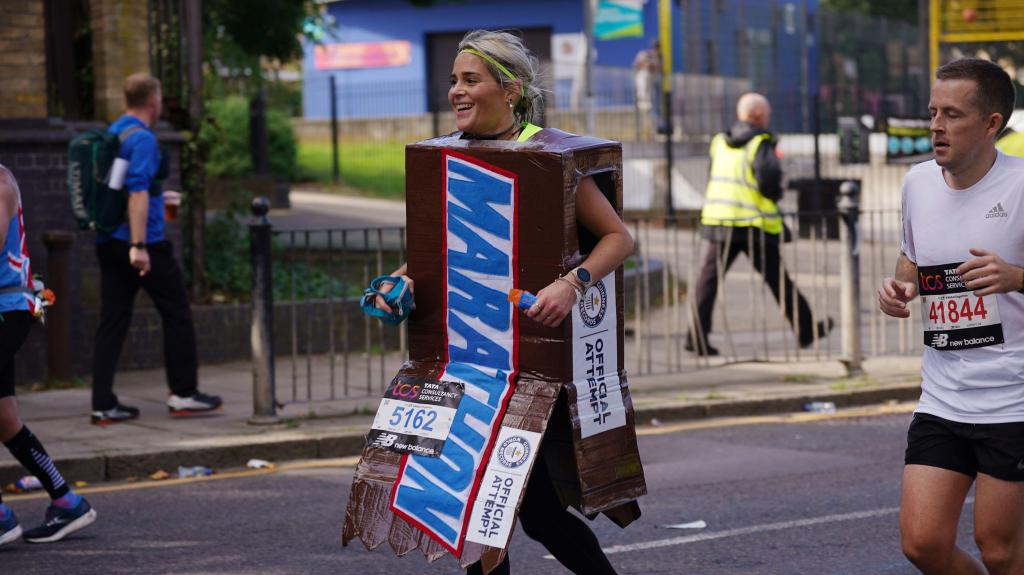Tourists Hit Hard by End of VAT-Free Shopping in Britain
The elimination of VAT-free shopping for international tourists is profoundly impacting consumer spending in Britain, according to Neil Clifford, CEO of Kurt Geiger.
Clifford highlighted that after the UK discontinued the VAT retail export scheme in 2021 post-Brexit, many shoppers are now favoring other European destinations for their purchases. This program had previously enabled visitors to reclaim 20% VAT on high street items.
“International visitors, whether from the Middle East or the U.S., are spending less time shopping in London,” said Clifford, 57. “When we compare with shopping hotspots like Milan, Paris, or Madrid, it’s clear they are witnessing more foot traffic.”
Kurt Geiger, established in 1963, operates over 70 stores across the UK, with its flagship location on Oxford Street. The retailer, owned by private equity firm Cinven, has a presence in Europe, the U.S., China, Australia, and the Middle East.
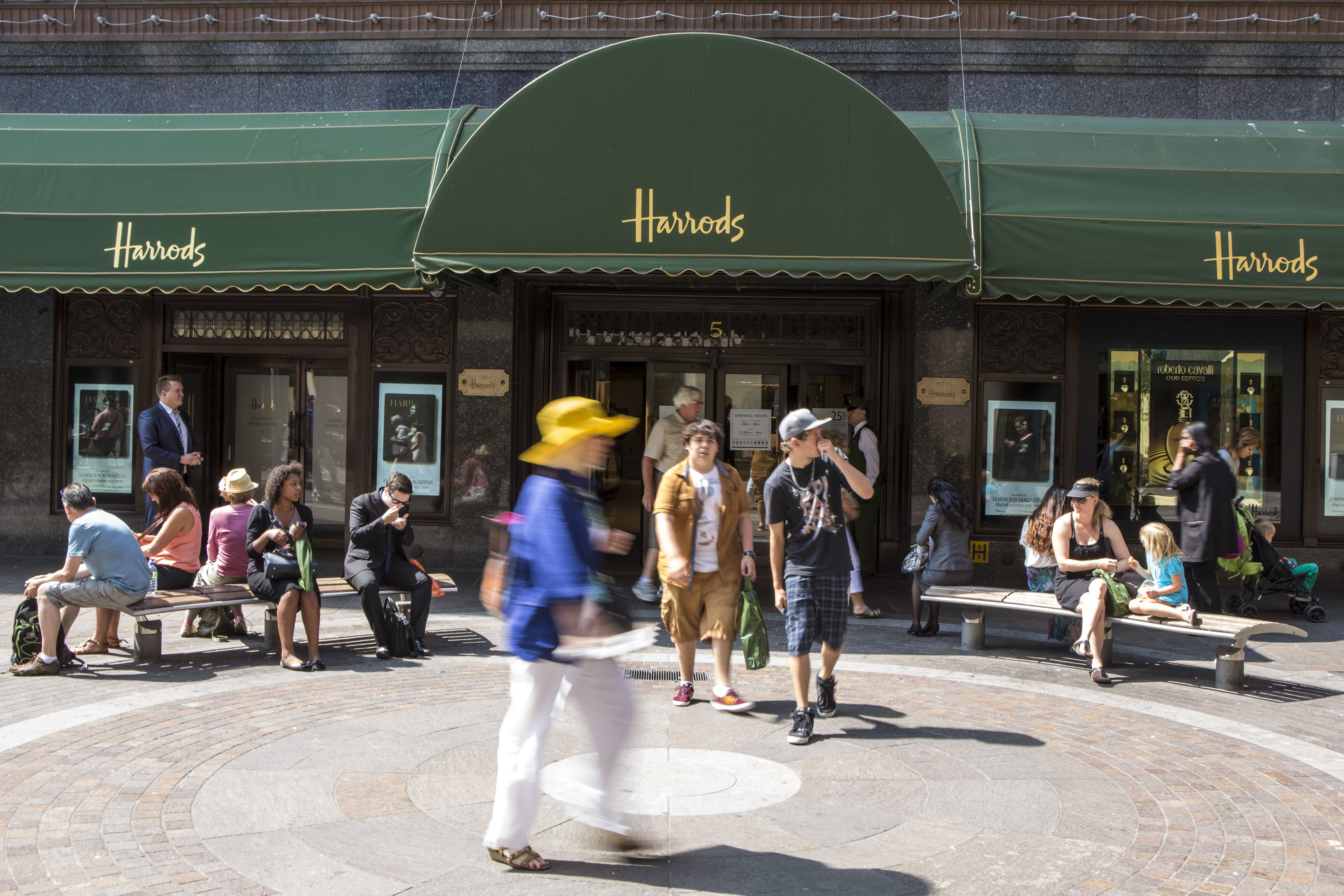
Clifford, who has led the company since 2003, criticized the Conservative government’s decision to revoke the shopping benefit, describing it as a “self-inflicted wound.” He noted, “London has been affected significantly, and the negative repercussions are felt throughout the UK almost immediately and continue to this day.”
During his tenure as chancellor, Jeremy Hunt launched a review of the VAT situation after a significant number of business leaders pushed for its reinstatement. Ultimately, he chose not to restore the scheme, based on conclusions from the Office for Budget Responsibility regarding its financial implications, estimating a £2 billion cost to the government.
Furthermore, an analysis from the Centre for Economics and Business Research indicated that ending tax-free shopping has resulted in a loss of about two million potential tourists annually, costing the UK approximately £11.1 billion in lost GDP.
Recently, Caroline Rush, CEO of the British Fashion Council, emphasized that restoring the VAT-free shopping scheme would benefit not only the fashion industry but also invigorate retail, hospitality, and tourism sectors, significantly reshaping the UK’s economic landscape post-Brexit.
Industry leaders from notable British brands, including Harrods, Burberry, and Selfridges, have voiced their dissatisfaction with the lack of government responsiveness to their requests. Additionally, executives at Heathrow airport have criticized the government for undermining the UK aviation sector’s international competitiveness.
When questioned about the possibility of a Labour government reinstating the VAT-free shopping scheme, Clifford expressed optimism, remarking, “Rachel Reeves [the chancellor] is an economist, so I believe she can assess the numerical implications.”
He highlighted the urgent need for economic support after a challenging period for consumers, marked by various crises including the pandemic, geopolitical conflicts, electoral turmoil, and economic constraints. “You couldn’t script it any better, could you?”
A Treasury spokesperson stated, “Post-spending review, the chancellor has emphasized the need for tough choices in spending, welfare, and taxation to address the £22 billion gap in public finances created by the previous administration. Strategies to rectify this will be outlined during the upcoming budget.”
